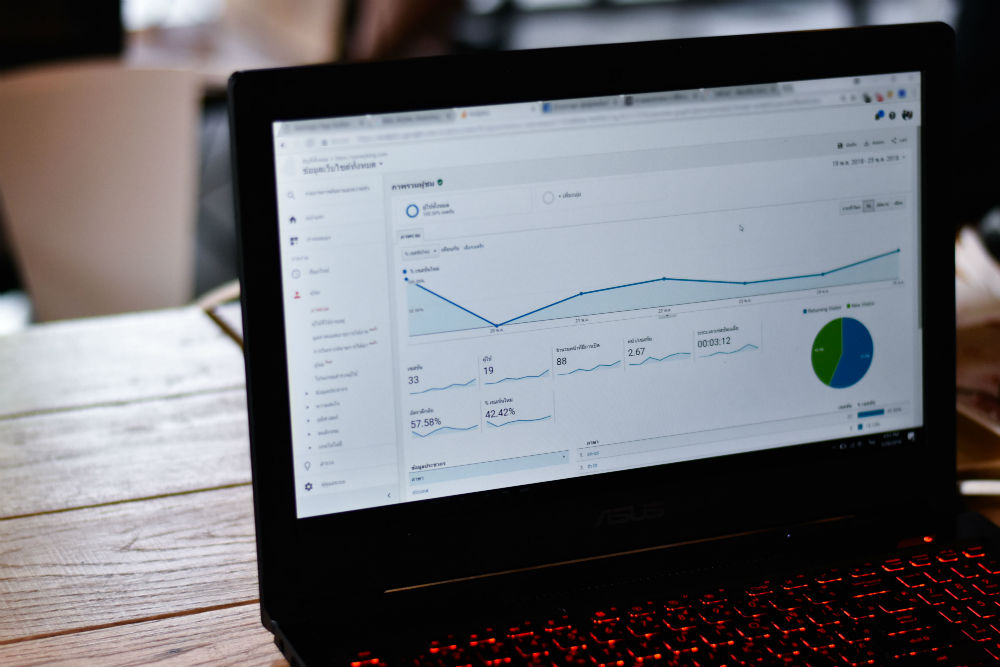In SEO, there’s no one trick for dominating the search engine results pages. Rather, it’s the combined effectiveness of all measures being taken to maximize website rankability. Here are a few of the more common reasons why your website may NOT be ranking in Google.
Competition
Depending on how competitive your industry is, you may find it harder to get ranked. Some of these competitors may have big marketing budgets to ensure they are doing everything it takes to stay above the rest.
A quick Google search of your products or services will allow you to see the size of the competition you are competing with for those high volume keywords. From here, you can assess where you want the focus to be. If a high volume keyword you wish to rank national for might not seem feasible right now, focus on getting that keyword ranked locally first. Smaller markets tend to have less competition and a higher chance of ranking.
Google has not indexed your website
Did you launch a brand new website? A brand new domain name could be why you are not showing up on Google. Google may not have indexed your site yet. An easy way to check is by typing in site:yoursite.com into google search.
If your website shows up in the search results, then you are indexed. If you do not see your site at all, there are a few things you can check.
- Fetch your website in Google Search Console
- Make sure your site is crawlable
Your website is not mobile-friendly
Starting in September of 2020, 100% of websites in Google SERPs will need to be mobile-friendly. If your site is not mobile-friendly, chances are Google may not even index your site.
It is essential to have a responsive website for both SEO and user-experience. A large percentage of users will navigate to your page via mobile. If your site is not mobile-friendly – it is time to think about adding a mobile version or redesigning it to be responsive.
Poor content optimization
Optimizing your website content for search engines helps the crawlers understand what your page is about. It is best to focus on one main topic for each page of your website and make sure that the page headings, image file names, and internal links all correspond with the relevancy of the page.
Not enough quality content
 High-quality content can make a big difference in how well your website ranks. Depending on what your competitors are doing, you want to have higher quality content and length. Depending on what the page is about, you need to make sure it answers what Google believes the search intent is. Usually, with the longer, your content is, the more helpful the information.
High-quality content can make a big difference in how well your website ranks. Depending on what your competitors are doing, you want to have higher quality content and length. Depending on what the page is about, you need to make sure it answers what Google believes the search intent is. Usually, with the longer, your content is, the more helpful the information.
No high-quality backlinks
A strong signal to Google of how trustworthy and reliable your website would be the quality and volume of your backlinks. When it comes to gaining backlinks, quality is far more critical than quantity. If you have no links to your site, Google may not see your information as informative enough to the searcher’s intent and therefore, may not rank you.
Bad Website Builder
If you have a website built on a custom-built builder – this may be why your website is not ranking in Google. These sites tend to create a lot of excessive code that will impact your website’s performance. Sometimes these builders can be so customized where you are unable to add meta information and complete any on-page work for SEO efforts.
Poor page load speed
To maintain positive user experience, Google expects your website to load in under 3 seconds. The 3-second window is when you have a new user’s attention before possibly losing them to your competitor.
To speed up a webpage, check and make sure images are optimized correctly, you are on high-quality hosting service, and that scripts are appropriately optimized.
A Formal Penalty
If you notice you have a penalty against you in Google Search Console, it may be the sole reason your site is not ranking. Once you see the penalty notice, Google will inform you why they have penalized your website. These penalties are fixable, but require immediate attention. Make sure to let Google know once the issue gets fixed by submitting a “reconsideration request” to Google. Once Google rechecks and everything is OK, they will remove the penalty.



